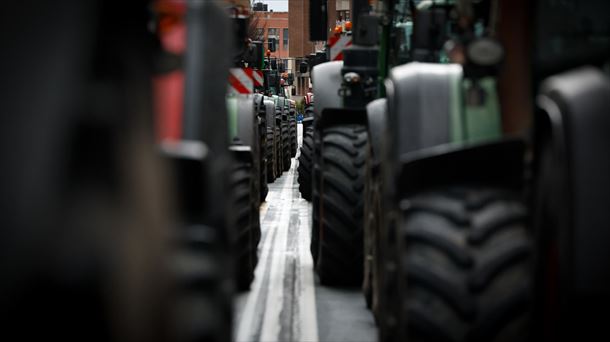Before the next EU elections in June 2024, the EU Parliament wants to tighten its anti-corruption rules and increase transparency in dealing with lobbyists. Workable compromises have been reached on almost all points, said Andreas Schieder, head of the SPÖ-EU delegation in Brussels, where the committee vote will take place on Thursday.
In two cases, the EPP did not agree with more far-reaching regulations, which is why there will be amendments from the S&D group on Thursday, according to Schieder. A four times longer cooling-off period is demanded for lobbying jobs of ex-MPs – so far six months are planned – as well as a ban on part-time jobs for lobbying companies listed in the transparency register.
Response to Causa Kaili
Brussels also wants to respond to the Kaili case, which centers on Qatar and Morocco influencing EU mandates. The list of measures is long and should be decided in mid-July.
Expand transparency register, ethics panel “investigation”.
The transparency register for meetings related to legislative activities, whose registration culture, according to Schieder, has been “very low so far”, is being expanded, as are the verification options. For example, an EU ethics committee will be set up and also equipped with “investigative powers”. It is about the possibility to ask questions – for example if there are major differences in the disclosure of assets before and after the end of the term of office of MPs.
“Was that the lottery – or Qatar?”
“If there is a jump, the question should be allowed: Was it the lottery – or Qatar?” said Schieder smugly. Furthermore, Members of the European Parliament will be banned from accepting gifts worth more than €100, access to the EU Parliament for ex-mandees will be restricted, and unauthorized election observation missions and “friendship groups” with third countries for which there are official delegations , are prohibited. being forbidden.
Problem “much bigger than we thought”
“Free elections are a cornerstone of the European project,” said Schieder. The interference in democratic processes has many faces and is “much bigger than we thought. The EU has grossly underestimated the problem.” Corruption is “poison to democracy” and “sharp rules that apply to everyone” are needed.
Source: Krone
I am Wallace Jones, an experienced journalist. I specialize in writing for the world section of Today Times Live. With over a decade of experience, I have developed an eye for detail when it comes to reporting on local and global stories. My passion lies in uncovering the truth through my investigative skills and creating thought-provoking content that resonates with readers worldwide.



